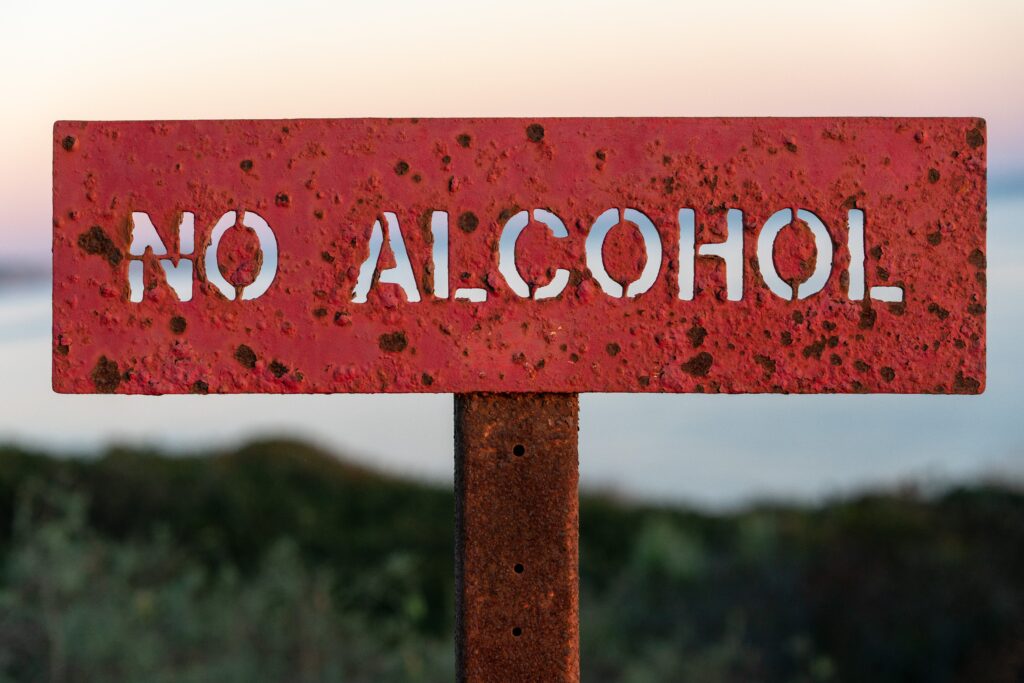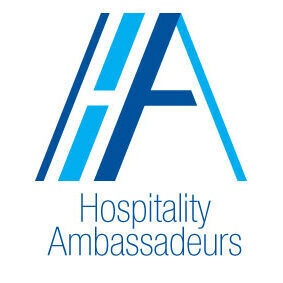Customer service is based on problem solving, a fundamental characteristic of a good professional, and red lines confrontation in tourism.

At the hospitality industry, customer service, especially when clients derive from a different social, economic and cultural background, needs to be characterized not only by the principles of basic tourism education but also enriched by other individual elements included in the well-known and non-exempt term emotional intelligence.
One of the primal reasons that pushed a wide range of people to be engaged professionally in the tourism industry was the desire to get in touch with people of different lands and cultures, with their customs and traditions, the need for travel but also for economic reasons as the tourism industry in the year 2023 it brought to Greece revenue inflows that exceeded the amount of 3 billion euros.
However, the “powerful” industry just before the arrival of a promising new tourist year, ready to break new records in arrivals and revenues, strengthened by new international investments and brands, seems unable to set rules taking into account not only the needs of human capital her but also to draw red lines when serving its customers.
Several years ago, a hotelier of a small but stylish boutique accommodation in the southern suburbs had characteristically reported: During the day all customers are smiling, willing and receptive. But when the night spreads its veil, they reveal another face. How many times over the years, when I was young and later when I started my own family, have I faced customers blindly drunk, cursing, threatening and trying to reason with them.
The limits of one man’s freedom start where the limits of another’s freedom end. Something that is increasingly taking a back seat in terms of customer service.
Are there red lines? What is considered a red line and how can we distinguish them?

Red line is defined as the point in the continuation of an issue that is impossible to cross. Think about how many times you yourself have set red lines in all aspects of your life and in all kinds of relationships (personal, family or professional).A simple example is the case of an abusive boss or entrepreneur burdening the staff creating feelings of insecurity and turning the work environment into a toxic one.
The most interesting element with the red lines is a person’s theoretical position against them and the conflict on a practical level.
A few examples of red lines prove the point:
The ‘culture’ of rudeness
As Eric Hoffer, an American ethicist and social philosopher, said, rudeness is the effort of low-level individuals to pretend to be great.
Voices, squeals, pejorative plural and magical singular dominate the daily life of all of us.
The absence of verbal politeness is often accompanied by expressions of rudeness beyond physical language: the utter inability to form a queue at a cash register and the consequent sighs of displeasure coming out of the misplaced crowd of people, the solipsistic blocking of the corridor or the door to the subway car , the ease with which someone “doesn’t look at you” and passes by taking your turn, without even realizing the “forceful touch” resulting from the “unconscious” tripping or trampling, are just a few of them.
When unreasonable demands take on avalanche size
It is a fact that those employees who have to do with serving the public face many difficulties. Especially when customer service has to do with hotels and catering (e.g. request for off-menu dishes). In fact, the demands of many hotel customers may exceed even the wildest imagination. Meeting their demands, in addition to making the staff’s job even more difficult, creates an ethical issue, as they will receive better treatment and privileges compared to “proper” customers. Let’s not forget that it is almost impossible to have only happy customers.

Sexual harassment
Hotel customers are not all the same. Some others are not even satisfied with some extra benefits provided by the hotel owners. Their dream vacation, as they have imagined it, also includes fulfilling demands, which sound incredible, but they are true and the more luxurious the hotels they stay in, the more absurd to outrageous they become while they do not hesitate to sexually harass workers. Sexual harassment is:
Coercion in any sexual act
Inappropriate and unwanted touching
Unwanted invasion of your personal and professional space
Licentious jokes and gestures
Genital exposure
Unwanted messages, e-mails, calls of sexual content
When customers are under the influence of alcohol or drugs

People working in the hospitality industry face constant pressure to keep customers happy and to keep everything running smoothly behind the scenes.
Whether you are staying at one of the oldest hotels in the country or a shiny new hotel abroad, there are going to be rules. And while hotels want you to be comfortable, they also have a duty to maintain the peace and safety of all their guests and their staff. So if your behavior is disruptive, destructive, illegal or unsafe, you may find yourself without a place to stay for the night. There are many things you can do that hotel staff will tolerate, but these are some of the surprising things that won’t fly.

A few more examples of customer misbehavior bordering on the red lines follow below:
Letting in wild animals
Contaminating the pool area
Trying to scam the minibar
Screaming in the hallway
Ruining the appliances
Smuggling in an animal
Threats to hotel staff
Sneaking in extra guests
Not being able to pay
Sources
https://fnb-pro.gr/5-logoi-giati-o-pelaths-den-exei-panta-dikio/
https://www.awakengr.com/koultoura-tis-agenias/
